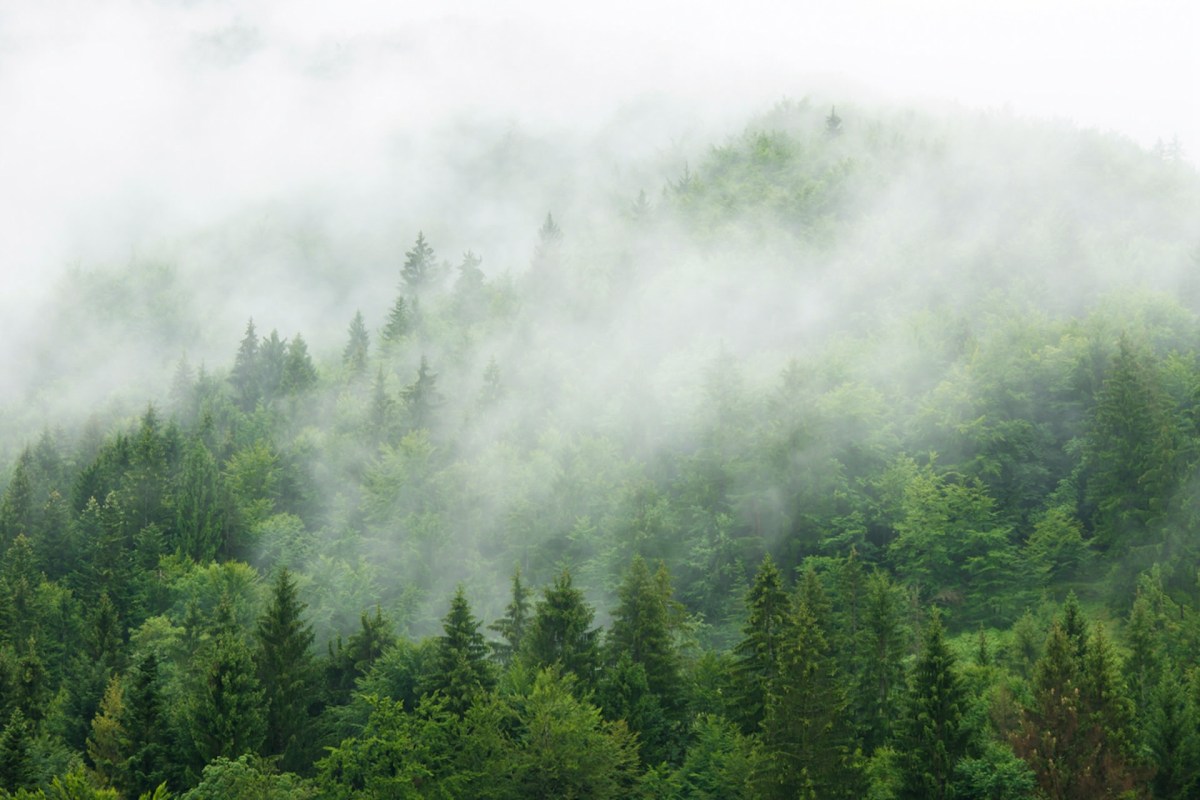Thriving forests are essential for the health of the planet and its inhabitants. Trees and other greenery absorb planet-warming gases from the atmosphere, releasing oxygen in exchange, and they help provide a natural barrier during storms and flooding.
Those two issues are linked, too, as rising temperatures increase the likelihood of extreme weather events. However, trees play a role in keeping the mercury from rising in thermometers that goes beyond the absorption of harmful airborne pollutants.
Research from 2022 by scientists in the United States and Colombia found that forests can keep the Earth about half a degree cooler in general and more than a degree cooler in specific areas of the planet.
Research published in the Frontiers in Forests and Global Change journal, summarized by the Guardian, revealed that in the tropics specifically, forests are helping to keep the planet cooler than in other locations.
The study found that tropical deforestation immediately raises the chances of extreme local weather conditions and reduces the likelihood of rainfall.
It also detailed that forests produce chemicals, known as biogenic volatile organic compounds, that can create aerosols, which bring cooling effects by reflecting incoming energy and forming clouds. These chemicals contain planet-warming gases like methane and ozone, but the way they react with the environment allows for more cooling effects than heating.
"The biophysical factors don't cool the planet, but they do change the way we experience heat, and that matters," said lead author of the study Deborah Lawrence, a professor at the University of Virginia. "The heart of the tropics is at the heart of the planet and these forests are critical for our survival."
Factors like deep roots, efficient water use, and what's described as "canopy roughness" all contribute to moving heat and moisture away from the Earth's surface, cooling the area, and bringing rainfall. The impact of this is not only felt locally but also in surrounding areas.
Elsewhere, green spaces have also been found to reduce temperatures in cities and urban spaces, mitigating against the "heat island effect." Concrete buildings and asphalt roads absorb heat and release it into the local area, making temperatures tick up, but trees, grass, and other plants can trap that heat.
That's why increasing the number of trees and grassy areas in cities, especially in disadvantaged communities, is so important to prevent residents from experiencing heat-related illnesses. It will also curb reliance on air conditioning, which is useful when dealing with high temperatures but relies on a lot of energy consumption — which can lead to more pollution if the grid takes energy from coal-fired power plants.
The message, then, is that trees are vital. Commercial agriculture is one of the leading causes of deforestation, so eating more plant-based foods can reduce demand for meat and stop the felling of forests for cattle grazing land.
Join our free newsletter for cool news and cool tips that make it easy to help yourself while helping the planet.








